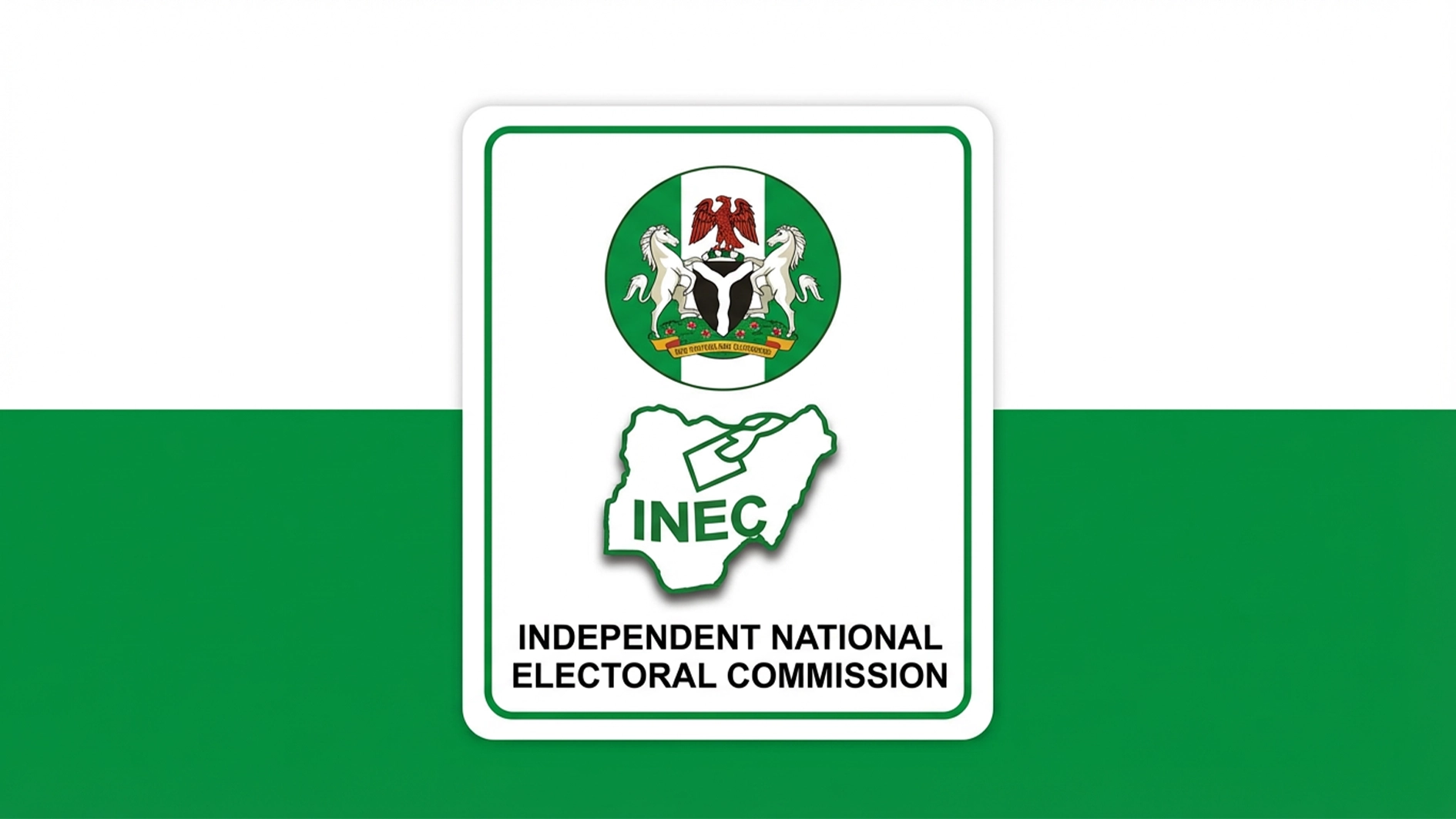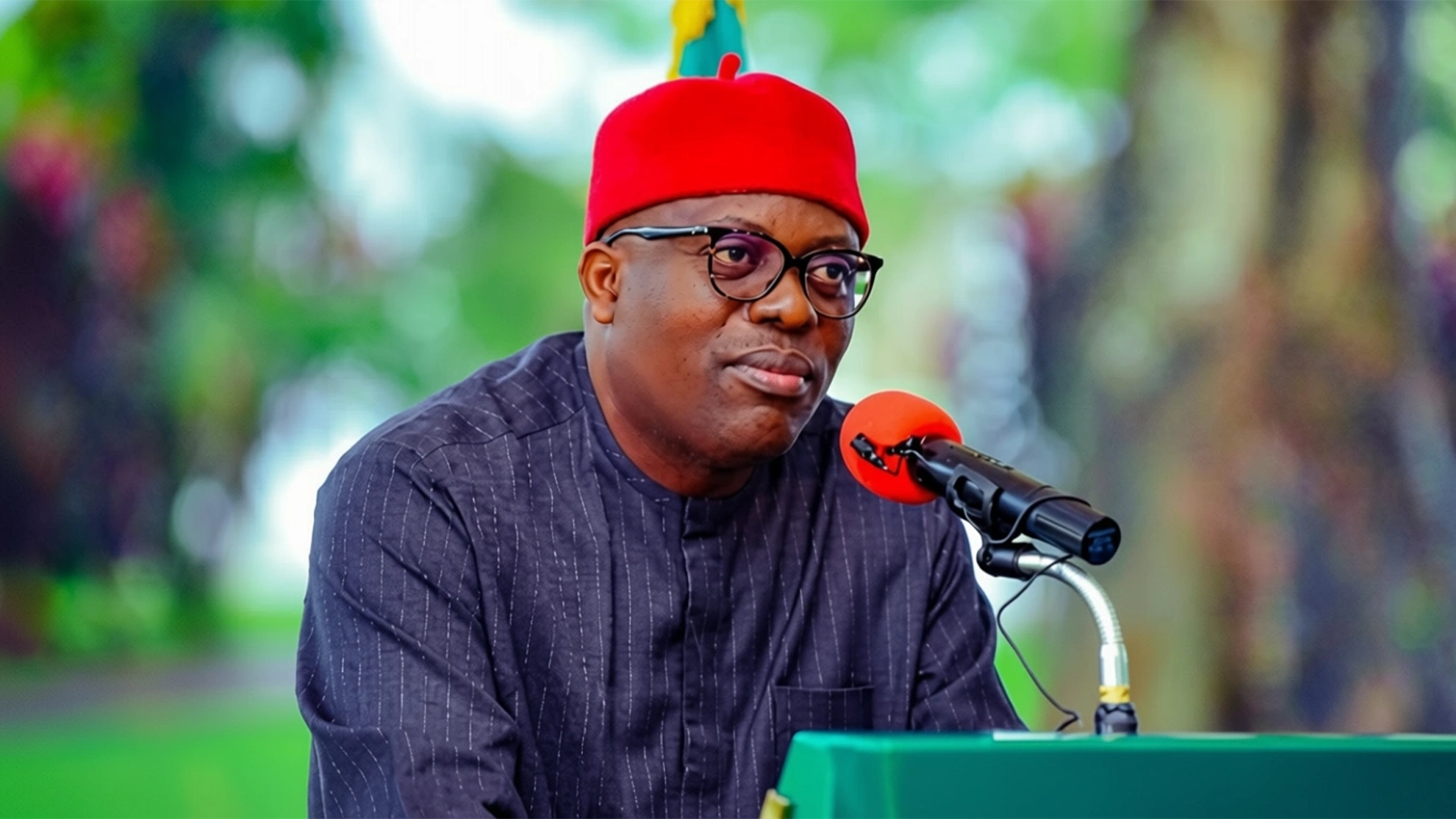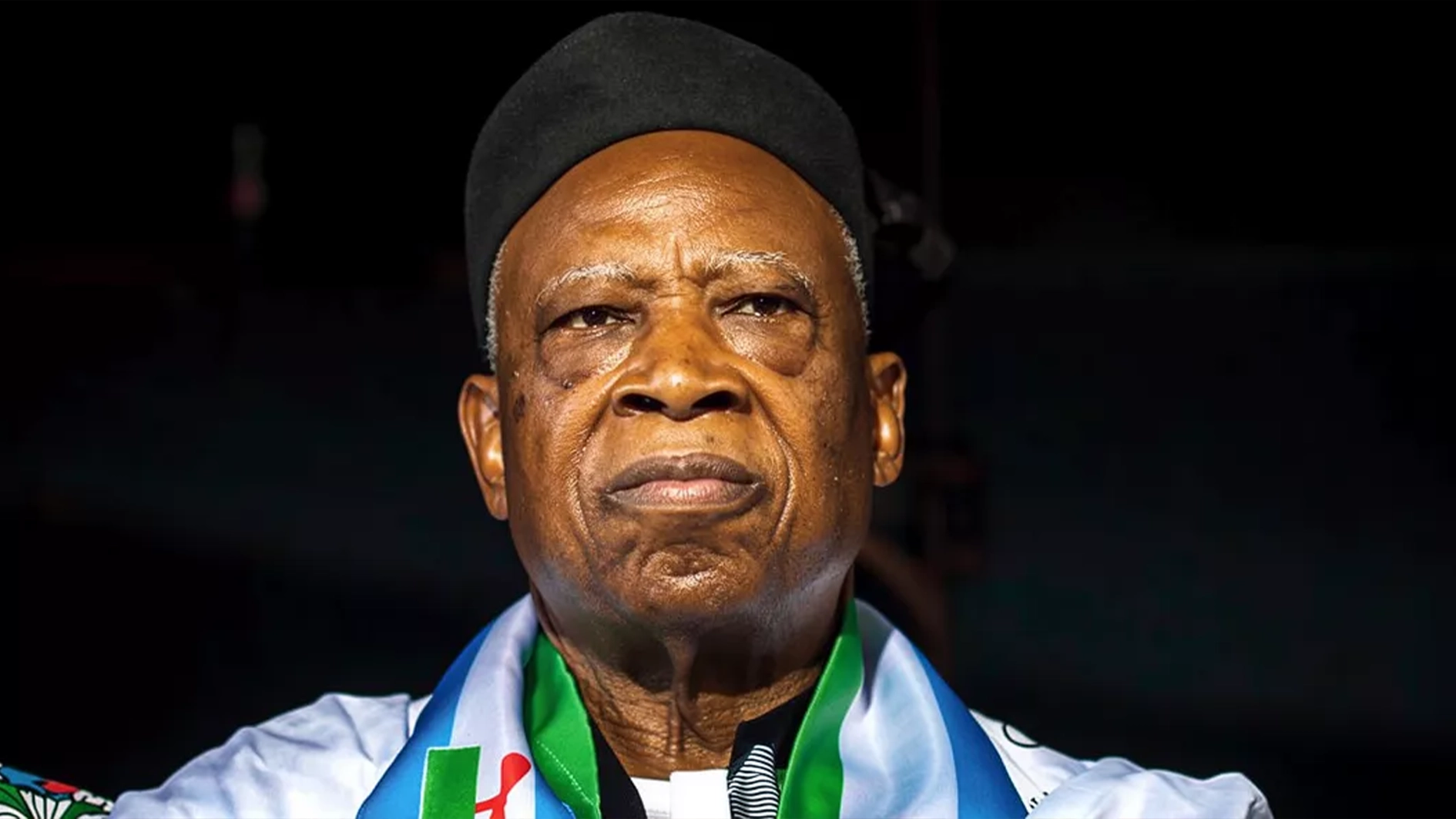After years of internal strife, defections, and legal wrangling, the Peoples Democratic Party (PDP) is showing signs of a long-awaited resurgence. What was once a party on the brink of implosion is now cautiously navigating its way back to stability, thanks to a strategic reconciliation effort led by former Senate President Dr. Abubakar Bukola Saraki.
Before May 2025, the PDP was in disarray. The party was hemorrhaging members, including high-profile defections by Delta State Governor Sheriff Oborevwori and his Akwa Ibom counterpart, Umo Bassey Eno . Fears of a factional split loomed large, with whispers of a rival PDP structure gaining traction.
The Southeast zone, once a stronghold, threatened to abandon the party. Legal battles over the position of National Secretary further deepened the crisis, with three contenders, Senator Sam Anyanwu, Sunday Udeh-Okoye, and Setonji Koshoed, each laying claim to the office.
Amid this chaos, the PDP Governors’ Forum (PDP-GF), chaired by Governor Bala Mohammed of Bauchi State, inaugurated an eight-member National Reconciliation and Strategy Committee on May 12. The committee, led by former Senate President Bukola Saraki with three serving and five former governors, was tasked with the herculean task of resolving the party’s internal disputes ahead of the 99th National Executive Committee (NEC) meeting scheduled for May 27.
The committee’s mandate was clear: reconcile aggrieved members, consult key stakeholders, and ensure a peaceful NEC meeting. But the challenges were daunting.
Just few days after its inauguration, more defections rocked the party, including the exit of Governor Oborevwori and former Governor Okowa. The leadership crisis over the National Secretary position threatened to derail any official gathering, with INEC recognition hanging in the balance.
Rather than adopt a hardline approach, Saraki and his team advocated for diplomacy and persuasion. “Let us not play into the hands of our opponents,” Saraki reportedly cautioned, emphasising that court cases would only stall the party’s progress. The committee’s strategy, described by insiders as “walking on eggshells”, proved effective.
When the Southeast zone, led by Governor Peter Mbah of Enugu, insisted on replacing Senator Anyanwu, the committee engaged INEC directly. The Independent National Electoral Commission (INEC) clarified that Anyanwu remained the recognised National Secretary, and any communication not signed by him would be invalid. This intervention helped to avert a fresh round of litigation and preserved unity of the party.
The May 27 NEC meeting, once feared to be a flashpoint, was held without incident. The 102nd NEC meeting followed suit, defying expectations of chaos. Behind the scenes, a pivotal meeting at the Bauchi Governor’s Lodge in Asokoro brought party leaders together. There, truth was spoken, grievances aired, and a consensus reached: further crisis would be mutually destructive.
In a spirit of compromise, the party confirmed its chairman to serve out his tenure and retained Senator Anyanwu until the National Convention. The NEC also adopted the zoning committee’s recommendation, led by Governor Douye Diri, to maintain current regional allocations of national offices. Surprisingly, the party zoned its 2027 presidential ticket to the South, in line with its constitutional commitment to equitable power rotation.
This decision opens the door for key figures like former President Goodluck Jonathan who has not been active in the running of the party and Mr. Peter Obi, who also have been hobnobbing with the ADC to re-engage with the party. The zoning arrangement adopted has also positioned Governor Seyi Makinde of Oyo State as a potential contender, while countering the North-South polarisation narrative ahead of the 2027 elections.
For a party that once seemed destined for fragmentation, the PDP’s recent moves signal a cautious but deliberate return to relevance. The upcoming National Convention is now seen as a beacon of hope, a chance to reset, rebuild, and reclaim its place in Nigeria’s political landscape.
As one party elder put it, “We all need to make sacrifices. Let us forgive and forget. Let us move forward.”
The zoning of the 2027 presidential ticket to the South has not only clarified the PDP’s strategic direction, it has also opened the floodgates for renewed interest in the party. Old members who had drifted away, new entrants seeking a credible platform, and returning stalwarts are now gravitating back to the PDP. The message is clear: the party is stable, focused, and ready to compete. This renewed confidence is reverberating across Nigeria’s political landscape.
For the first time in years, current, returning, and intending members of the PDP know exactly what they are signing up for. The party has removed ambiguity about its plans and internal structure. The zoning arrangement has defined the boundaries of ambition, allowing aspirants to position themselves realistically for 2027. In a political climate often clouded by uncertainty, the PDP now offers clarity.
Gone too is the false narrative that the PDP was on the verge of fragmentation.
For months, rival parties and disgruntled individuals had peddled the idea that any aspirant running on the PDP platform risked disqualification due to factional disputes. The fear that INEC might reject nomination forms signed by unrecognised officials was weaponised to lure members away. Akwa Ibom Governor cited this very concern when he defected to the APC.
But that narrative has now collapsed. With the party’s internal reconciliation complete and INEC’s recognition of its leadership reaffirmed, aspirants for gubernatorial, senatorial, House of Representatives, and State Assembly positions can now contest under the PDP umbrella with full confidence.
The ripple effect is already visible. Speculation is rife that former Kano State Governor, Senator Rabiu Musa Kwankwaso, may return to the PDP. Key figures who had migrated to the African Democratic Congress (ADC) are also reconsidering their positions. The August 25 NEC meeting at Wadata Plaza saw a notable turnout of previously inactive members, signaling a growing momentum.
To further solidifying its rebirth, PDP has received a draft constitution from its Constitution Amendment Committee. This document is now being circulated among party leaders for input, with expectations high that a final version will be adopted at the upcoming National Convention. The move underscores the party’s commitment to institutional reform and internal democracy.
Indeed, PDP is undergoing a transformation and rebranding. The relative peace within the party and the readiness for the National Convention, backed by all necessary endorsements and official communications, mark a turning point. Members have reason to celebrate.
The party has proven that it is not a relic of the past, nor a party on life support. It is alive, resilient, and increasingly seen as the only viable opposition force capable of challenging the ruling party in 2027. Its recovery has shattered any illusion of a one-party state, reminding political actors that pluralism remains a cornerstone of Nigeria’s democracy.
With the Saraki-led Reconciliation and Strategy Committee having successfully concluded its assignment, the party now looks ahead. The next NEC meeting, scheduled for October 15, 2025, is expected to further consolidate gains and set the stage for the National Convention.
For the PDP, hope is no longer a distant dream, it is a rising reality.






